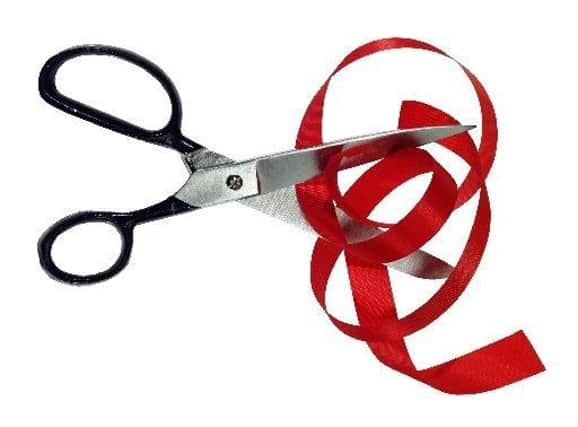A hard Brexit will hit food imports into the UK


Some are glad they voted the way they did back in June 2016, while others might now be having second thoughts. However in reality there is now only one show in town – the overwhelming need to make an economic success of Brexit.
The way things are going at Westminster that cannot be taken for granted. If the Conservative party thought the referendum would draw a line under its deep disagreements over Europe this is clearly not the case. Indeed the cabinet and the party is probably even more bitterly divided now than when John Major was prime minister and he referred to the Eurosceptics trying to undermine him as ‘bastards’. Today it is not a case of knives in the back, but in public as big players undermine Theresa May, in the hope that they will be able to make a leadership run. Their aim is a hard Brexit, and they appear to deem the politics around that more important than the economic consequences.
Advertisement
Advertisement
This is all the highest of high politics. But there should be a greater focus on the interests of businesses, large and small, that depend on trading with Europe. They have little interest in the political twists and turns at Westminster, but want some certainty about the basis for future trade and a realistic transition programme. The government made clear this week, via the prime minister, that it is leaving the customs union. It wants no truck with European Free Trade Area (EFTA) type arrangements that give countries like Norway and Switzerland access to the single market in return for accepting some core EU social policies. That is what most people thought would emerge for the UK, but it no longer fits with government policy.
This has to leave farmers questioning how they will sell products like lamb that for now depend on the market in the EU. The government keeps insisting a deal will happen, but the EU is taking a tough line. To date the government has drawn red lines but then erases them or buys off the European Commission.
Politicians point to the exciting new trade deals the UK will conclude with countries outside the EU – but it already has access to these markets through EU trade deals. In any event it is hard to see them buying lamb to replace France as a market.
A hard Brexit would hit food imports into the UK with World Trade Organisation tariffs.
Advertisement
Advertisement
On the basis of old-fashioned economic theory this would increase prices for UK producers, but the government will not let that happen. Given its urban focus – and that is the case regardless of which party is in power at Westminster – it will not allow Brexit to result in higher prices on supermarket shelves. Its answer will be tariff free trading, and that will be with countries that will be lower-cost competitors than those in the EU-27. Politics is often about heart versus head, and the eurosceptic heart of the Conservative party is being allowed to rule its business and economic head. This is why scorn is now being poured on organisations like the CBI and the Chancellor, Philip Hammond.
Those pressing for a hard Brexit warned this week that during the transition the EU could impose new legislation over which the UK would have no say. That is a fair point, and some of the examples they cite are indeed cause for concern. These include onerous recycling targets and tougher regulations on phosphates. It would be good if those warning of new EU regulations would make clear now that the UK will not impose new legislation, but would instead roll back some that make life difficult for farmers and other businesses. That would create a new enthusiasm for Brexit amongst those now beginning to question whether the outcome will be what they hoped for when they voted leave to escape red tape.
Such a commitment would be all but impossible to give in agriculture because the government is committed to delivering a green Brexit and higher standards of animal welfare. That has to be built on a foundation of legislation and implementing rules. Given the gold-plating UK officials have applied to EU regulations for years farmers will not be easily persuaded that a hard, or indeed a soft Brexit, will free them from red tape – unless there is a huge change of heart at Westminster.